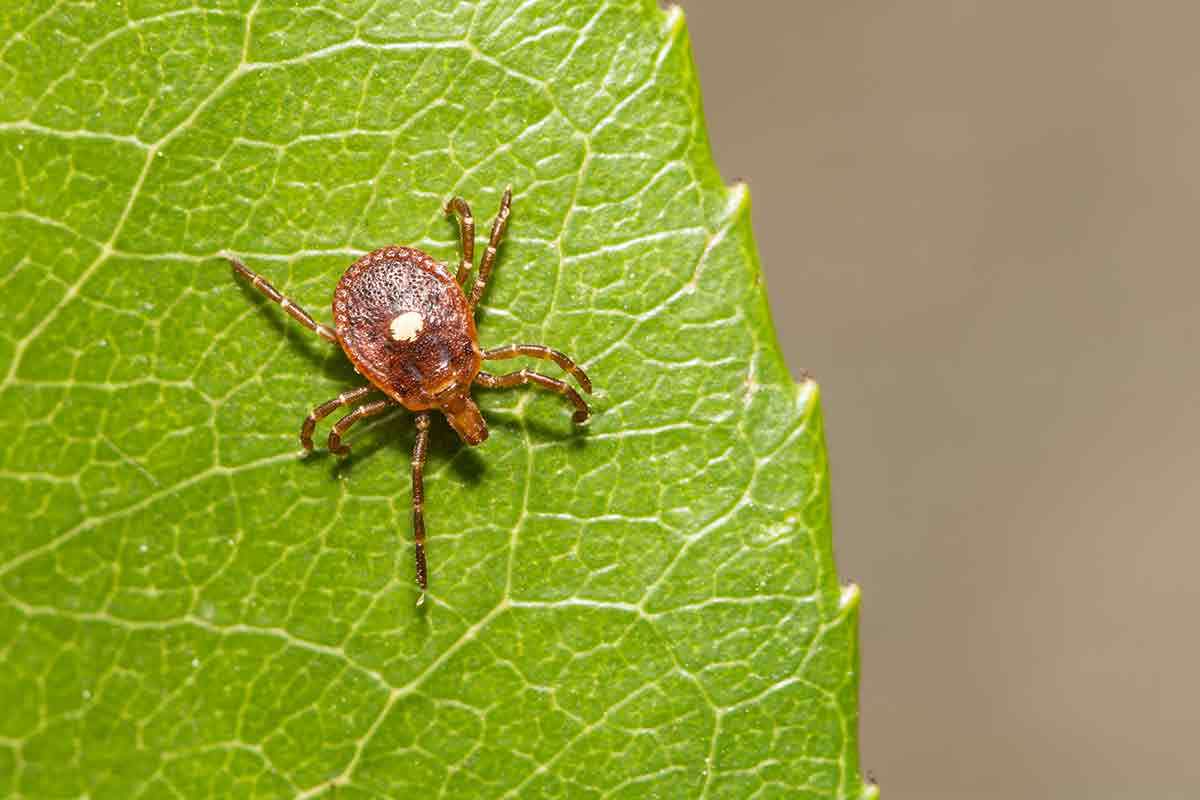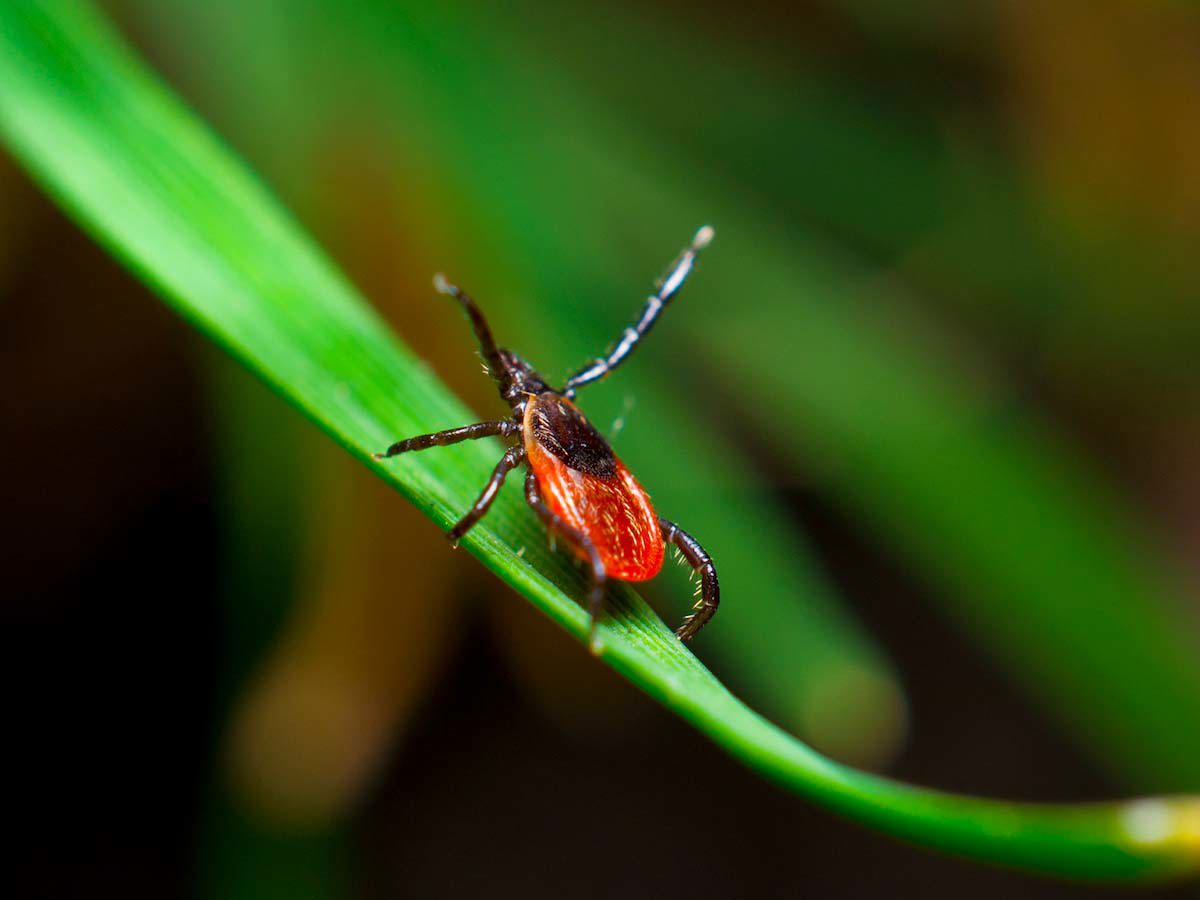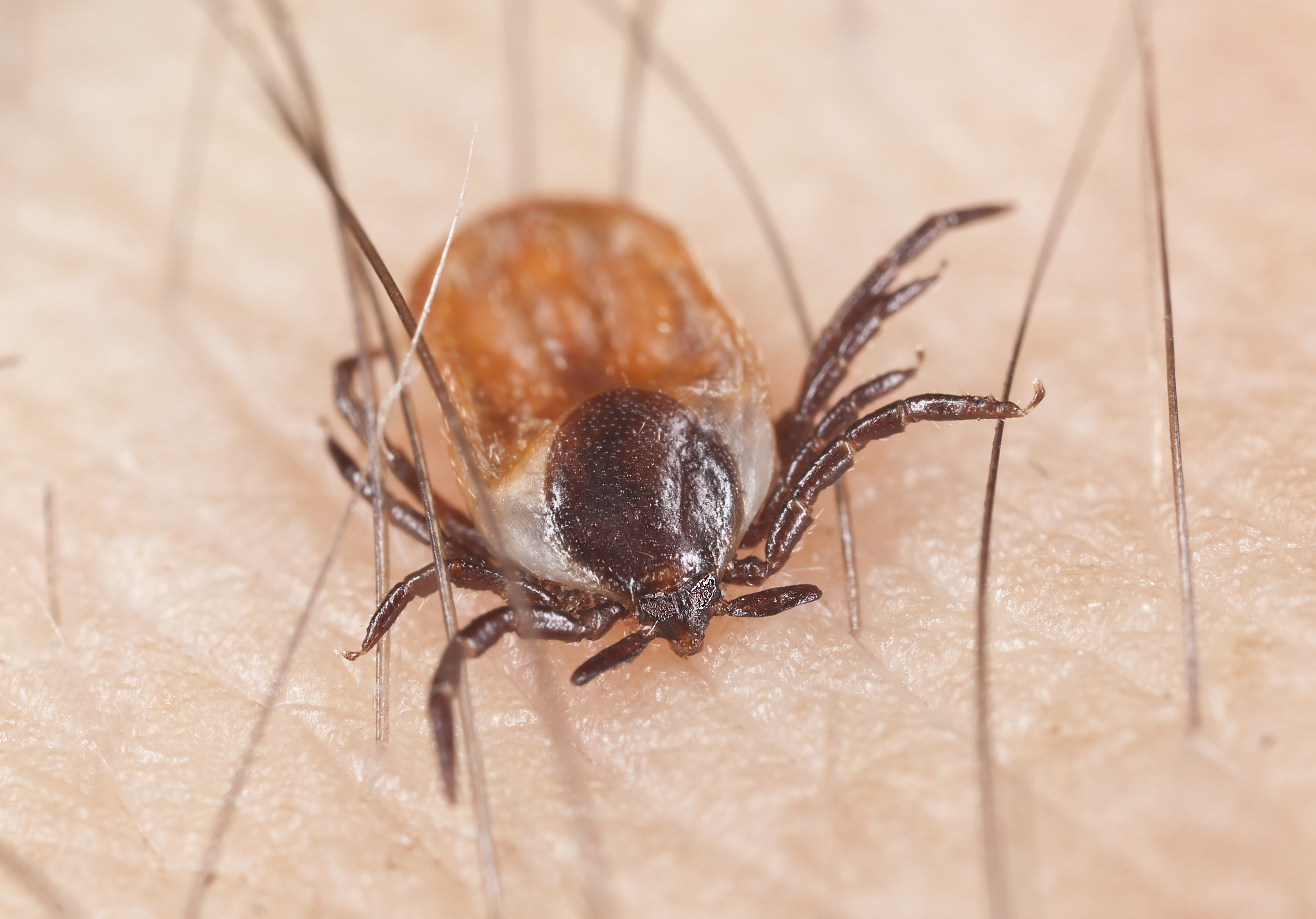Ticks in Maine
Maine has a variety of ticks that can carry diseases capable of infecting humans and pets. Residents of this lush, wooded state should always be careful when spending time outdoors. Ticks are not only found in the wild but can be found in homes, on clothing, on family pets, on horses, or on local walking trails. Always perform a tick check on yourself, loved ones and pets to spot any ticks that may have latched on after spending any amount of time outdoors. Early detection and removal is essential to preventing an infection.
What Kind of Ticks are in Maine?
There are fifteen different types of ticks in Maine.The three most common types of ticks found in Maine are the American Dog Tick, the Blacklegged (Deer) Tick, and the Woodchuck / Groundhog Tick.
Plus, additional ticks that can be found in Maine include:
- Squirrel Ticks
- Ixodes Angustus Ticks
- Seabird Ticks
- Ixodes Gregsoni Ticks
- Mouse Ticks
- Ixodes Brunneus Ticks
- Winter / Moose Ticks
- Haemaphysalis Leporispalustris Ticks
- Lone Star Ticks
- Gulf Coast Ticks
- Brown Dog / Kennel Ticks
- Ixodes Dentatus Ticks
When is Tick Season in Maine?
According to the University of Maine, tick season in the state is from early spring to late fall. During this stretch of time, there are two peaks. The first is from April to May and the second is from June to early July. Although most ticks are found during these months, it is important to note that ticks can remain active as long as the temperature does not drop below freezing.
Are Ticks “Bad” in Maine?
As stated above, there are fifteen different types of ticks in Maine. These ticks can spread illnesses such as Lyme disease, anaplasmosis, babesiosis, Borrelia miyamotoi disease, and Powassan encephalitis. Nearly half of all the ticks collected for the 2019 University of Maine Extension Tick Surveillance Program tested positive for at least one pathogen, such as those responsible for causing Lyme disease and babesiosis.
Follow these steps to prevent tick bites and infection:
- It is recommended that anyone who is hiking or spending a prolonged amount of time outdoors wear long pants, long-sleeve shirts, and closed toe shoes.
- If you are walking, hiking, or spending time in a park, stay on the trail. Do not walk through brush or heavily wooded areas.
- Always perform a full inspection of yourself and others after spending time outdoors. Also inspect family pets, as ticks commonly latch onto dogs and cats.
- Wear insect repellent with at least 20% DEET.
What to Do If You Are Bitten by a Tick in Maine
Ticks in Maine can be carriers for Lyme disease and other illnesses. If you discover you have been bitten by a tick, be sure to promptly and properly remove it. Use a pair of tweezers or a tick removal kit to remove the tick, pinching the tick as close to the skin as possible. Do not grab the tick’s body, as it could cause the tick to regurgitate into the wound and cause infection. Once grasped, pull the tick straight out in a careful but consistent motion — making sure not to twist or wiggle the tick.
Ticks cannot easily be crushed, so consider flushing it down the toilet or drain.
If a rash develops within 30 days, or if the bite area begins to resemble a bullseye with reddish rings, consult a medical professional.
Find a Tick Exterminator in Maine Today
As there are a number of different kinds of ticks in Maine, many of which can transmit dangerous pathogens that pose serious health risks to humans and animals, consider contacting a licensed pest control professional to handle any tick issues in or around your home. Enter your zip code in the search bar below to see a list of local and licensed exterminators.
https://extension.umaine.edu/ticks/maine-ticks/
https://www.greenertickcontrol.com/blog/types-of-ticks-in-maine/






